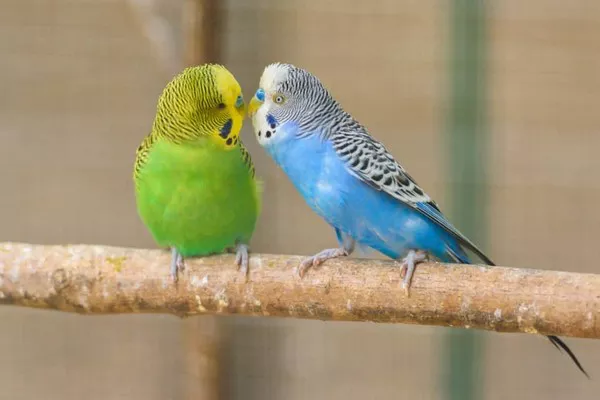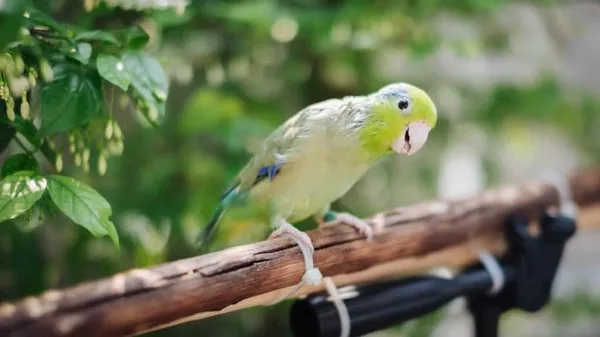Ringneck parrots, also known as Indian Ringneck parakeets, are popular and enchanting pet birds known for their vibrant plumage and playful personalities. Aspiring bird owners often wonder about the lifespan of these colorful avian companions. As a Google SEO operation expert, this article aims to provide comprehensive insights into the life expectancy of a Ringneck parrot. We will explore various factors that influence their longevity, essential care requirements for a healthy and fulfilling life, and the role of responsible ownership in ensuring a Ringneck parrot‘s well-being.
Species and Subspecies
The life expectancy of a Ringneck parrot can vary based on its species and subspecies. Indian Ringneck parakeets (Psittacula krameri manillensis), the most common variant found in the pet trade, typically have a lifespan ranging from 20 to 30 years. However, different subspecies may have slight variations in their longevity.
Wild vs. Captive Life
In the wild, Ringneck parrots face various challenges, including predators, diseases, and environmental hazards. Their lifespan in the wild may be shorter compared to their captive counterparts due to these risks. Captive Ringneck parrots, when provided with proper care, a balanced diet, and a safe environment, can live significantly longer.
Diet and Nutrition
A nutritious and well-balanced diet is crucial for the health and longevity of Ringneck parrots. A diet consisting of fresh fruits, vegetables, high-quality pellets, and occasional nuts or seeds provides essential nutrients that contribute to their overall well-being. Proper nutrition helps prevent health issues and supports their immune system, contributing to a longer life.
Exercise and Mental Stimulation
Ringneck parrots are highly intelligent and active birds that require mental stimulation and regular exercise to thrive. Providing them with toys, puzzles, and interactive playtime not only keeps them physically fit but also stimulates their minds, preventing boredom and potential behavior problems.
Veterinary Care
Regular veterinary check-ups are essential for monitoring the health of Ringneck parrots. Annual visits to an avian veterinarian can help detect and address any health concerns early on, contributing to a longer and healthier life.
Social Interaction
Ringneck parrots are social creatures that thrive on companionship and interaction with their human caregivers. A lack of socialization and attention can lead to stress and loneliness, which may impact their well-being. Spending quality time with these parrots and providing them with mental and emotional stimulation enhances their happiness and longevity.
Environmental Factors
A safe and stimulating environment is vital for Ringneck parrots’ overall health and longevity. Ensuring they have sufficient space to exercise, fly, and explore, along with appropriate perches and toys, contributes to their physical and mental well-being.
Genetic Factors
Genetics can play a role in a Ringneck parrot’s longevity. Some birds may be predisposed to certain health conditions, while others may have stronger genetic traits that promote a longer life.
Conclusion
The lifespan of a Ringneck parrot can vary depending on species, subspecies, diet, environment, socialization, and genetics. With proper care and responsible ownership, these colorful and intelligent birds can live for an impressive 20 to 30 years or more. Providing a nutritious diet, regular veterinary care, mental stimulation, and social interaction are essential components of ensuring a Ringneck parrot’s well-being and longevity. Prospective bird owners should be prepared for the long-term commitment involved in caring for these enchanting avian companions, as they have the potential to become cherished members of the family for many years to come.
Related Topics:


























